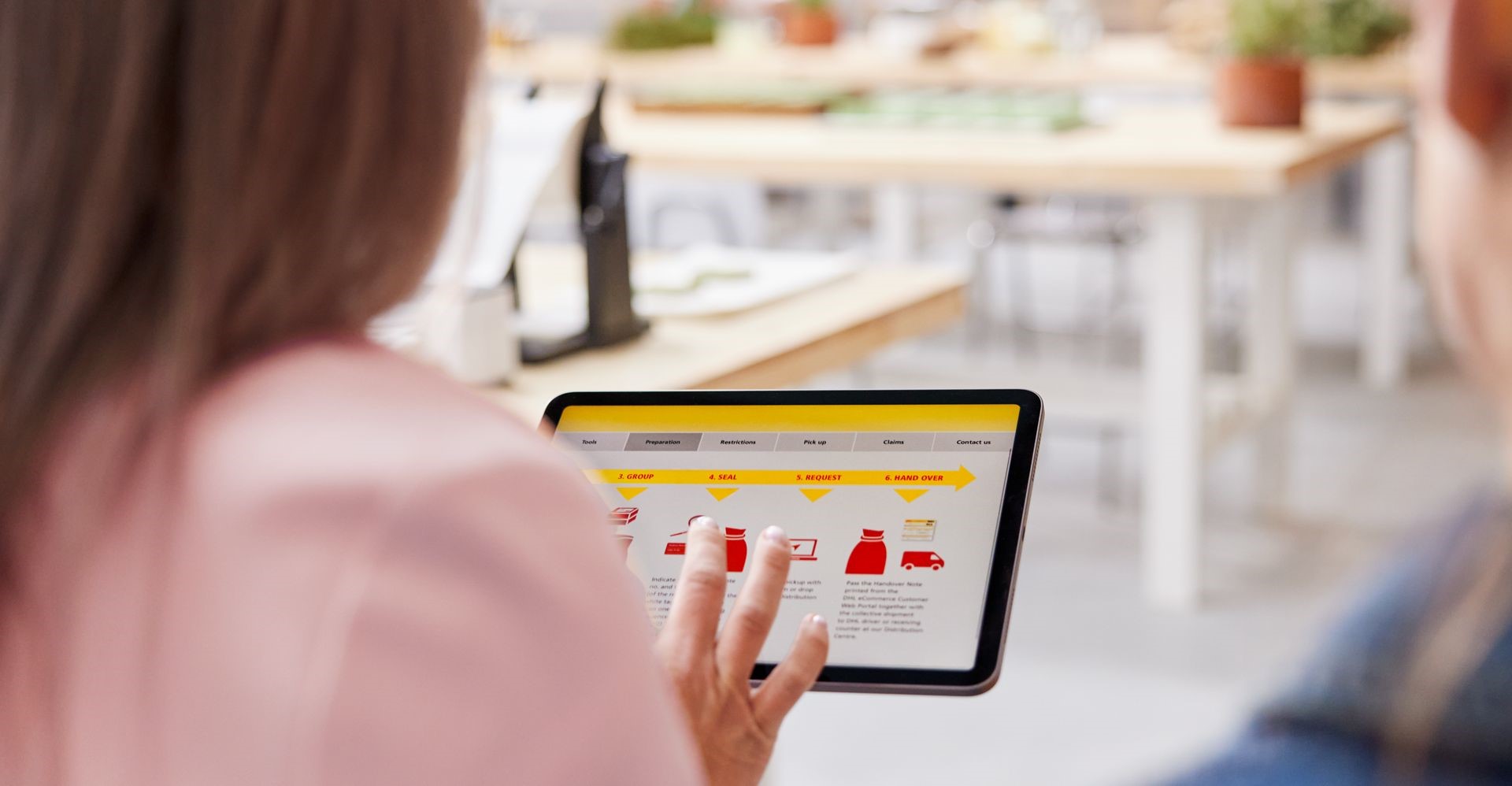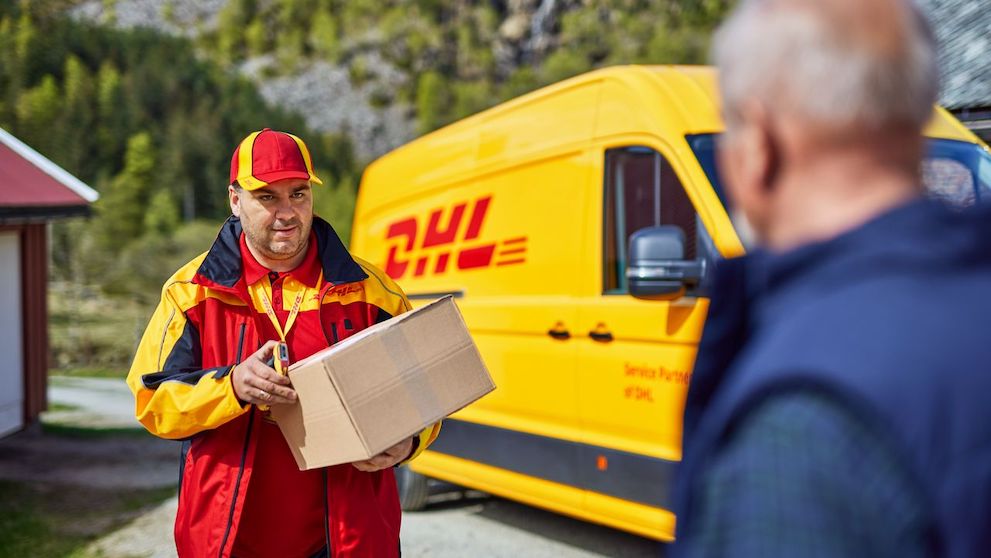If you're a New Zealand business looking to expand your reach to the United Kingdom, you'll be glad to know that the UK-New Zealand Free Trade Agreement, established on 1 March 2022, offers several benefits to businesses like yours. The benefits that the Free Trade Agreement brings include:
the reduction or elimination of tariffs on goods
facilitated trade in services
enhanced intellectual property protection
and improved regulatory cooperation, amongst many others.
However, it's important to note that UK customs still impose strict import rules on goods entering the country. Therefore, it's crucial to be well-versed in the rules and regulations before shipping to London or other parts of the UK.
This comprehensive guide will provide you with everything you need to know about UK customs taxes, import duties, and the necessary documents for smooth and successful shipping. By understanding these regulations, you can ensure that your parcels reach their destination on time and in ideal condition while leveraging the benefits of the UK-New Zealand Free Trade Agreement. So, let's delve into the details and equip your business with the knowledge needed for sending a parcel to your customers in the UK.
UK customs taxes and tariffs to be paid
1. Customs tax
When shipping goods from NZ to the UK, it's important to be aware of the customs regulations. Customs taxes and charges in the UK are levied based on the market value of the imported goods. Generally, UK customs taxes per item can be broken down into cost, insurance, freight, and duty. It's important to note that you must pay taxes for your shipment worth more than £135.
2. Excise duties
For NZ businesses shipping tobacco or alcohol products to the UK, being knowledgeable about the applicable excise duties is essential. The UK has different excise duty rates for various types of alcohol, including wine, cider, beer, and spirits, each with its own distinct rates. Similarly, tobacco products also have varying excise duty rates. It's crucial to factor in these additional costs when planning your shipments to the UK, as they can impact your overall shipping expenses and pricing strategy. Being informed about the excise duty rates, you accurately calculate the total cost of your goods and avoid any surprises at customs.
3. Value-Added Tax
Under the NZ-UK Free Trade Agreement, the customs duty for goods imported into the UK from New Zealand is charged based on the market value of the goods. Most products are subject to a standard Value Added Tax (VAT) of 20% per item, but this can be reduced based on the existing trade agreement between New Zealand and the UK, allowing for potential subsidies. For example, goods imported from New Zealand may benefit from reduced VAT rates as per the NZ-UK Free Trade Agreement.
It's important to note that if the delivered item is worth less than £39, no VAT is required to be paid. However, goods exceeding £600 must clear UK Customs with a valid UK VAT/EORI number, and customs may hold shipments without it. This requirement does not apply to private individuals not registered as a company.
Additionally, shipments with a VAT/Duty liability over £2,500 and where DHL is paying cash in advance will be held pending insurance from the customer (receiver or shipper) to pay the funds retrospectively. Hence, to ensure a smooth export process and compliance with UK customs regulations, it's advisable to follow customs tips and guidelines.
Preparing your shipment for customs clearance in the UK
In addition to being aware of customs taxes and charges, smooth shipment to the UK also requires meticulous preparation. Here are some helpful tips to make the process easier and more efficient for your business.
1. Prepare the mandatory customs documents for import
Start by creating a DHL Express air waybill (AWB) and preparing your shipping invoice as well as a packing list. These export documents are crucial for customs clearance and to facilitate the smooth and efficient delivery of your parcel to the UK. Depending on the nature of your shipment, additional documentation such as a certificate of origin, certification for port health, test certificates, and import/export licenses may also be required.
Accurately completing these documents to the best of your knowledge will contribute to a faster customs process for you and your business.
2. Identify the commodity code of your shipment
When shipping goods to the UK, it's important to identify the right commodity code for the product you're importing. The commodity code determines the applicable taxes, tariffs, and preferential rates based on the established Free Trade Agreement. The Harmonized System (HS) code provides the broad category your product falls into. You can easily find the commodity code using the UK Customs' Trade Tariff Tool, which also allows you to verify if your goods require a licence for importation into the UK.
It's also important to be aware of any prohibited items that may not be allowed for shipment to the destination country. Customs regulations vary by country, and certain items may be restricted or prohibited for importation. Researching and complying with the destination country's customs regulations is essential to avoid delays or issues with your international shipments.
3. Label your package properly
If you're exporting goods such as food or manufactured goods, thoroughly check their marking, labelling, and marketing standards. This includes verifying that the goods are properly marked and labelled according to the relevant regulations and requirements. For example, food products may need to comply with labelling requirements related to the expiry date, ingredients list, net quantity information, etc. Similarly, manufactured goods may need to adhere to labelling standards related to safety, country of origin, and consumer information. Ensuring that your imports meet these marking, labelling, and marketing standards will help you avoid any potential issues during customs clearance in the UK and ensure compliance with applicable regulations.
4. Secure your package and arrange for collection
Once you've completed the essential paperwork, it's crucial to pack your shipment carefully to ensure the safety of your goods during transit. Pay close attention to sealing the seams to prevent any damage.
Afterwards, you can easily arrange for parcel collection with DHL Express. You have multiple options, such as calling our customer service team to schedule a pick-up at your preferred time and date. Alternatively, you can also schedule a pick-up through MyDHL+ or drop off your shipment at any nearby DHL Express retail store for self-lodging.
Make DHL Express NZ your logistics partner of choice
When it comes to international logistics, reliability is paramount. As the industry leader in global shipping, DHL Express NZ provides a comprehensive range of services and unmatched expertise to optimise your logistics operations, making us your trusted partner.
































